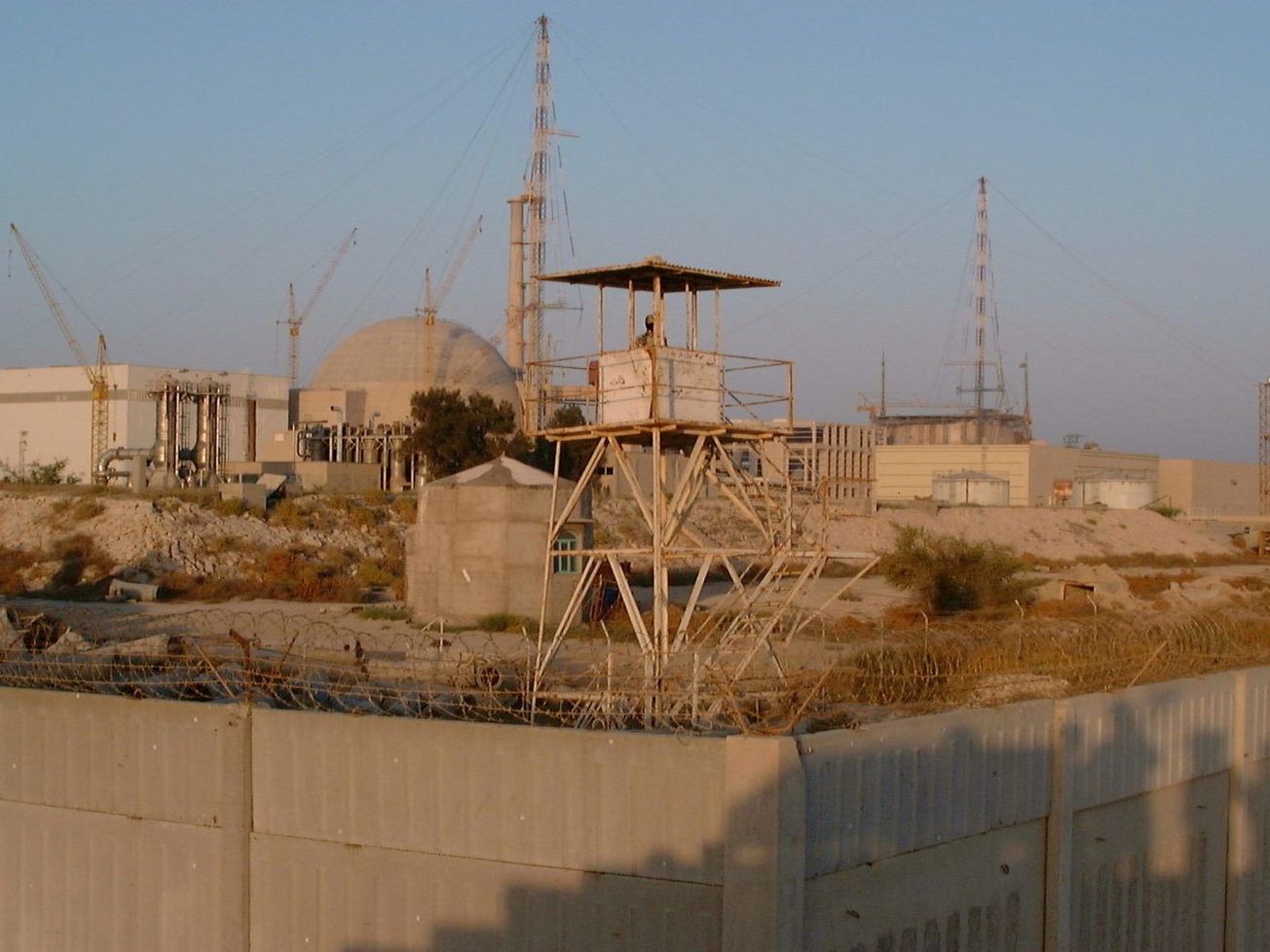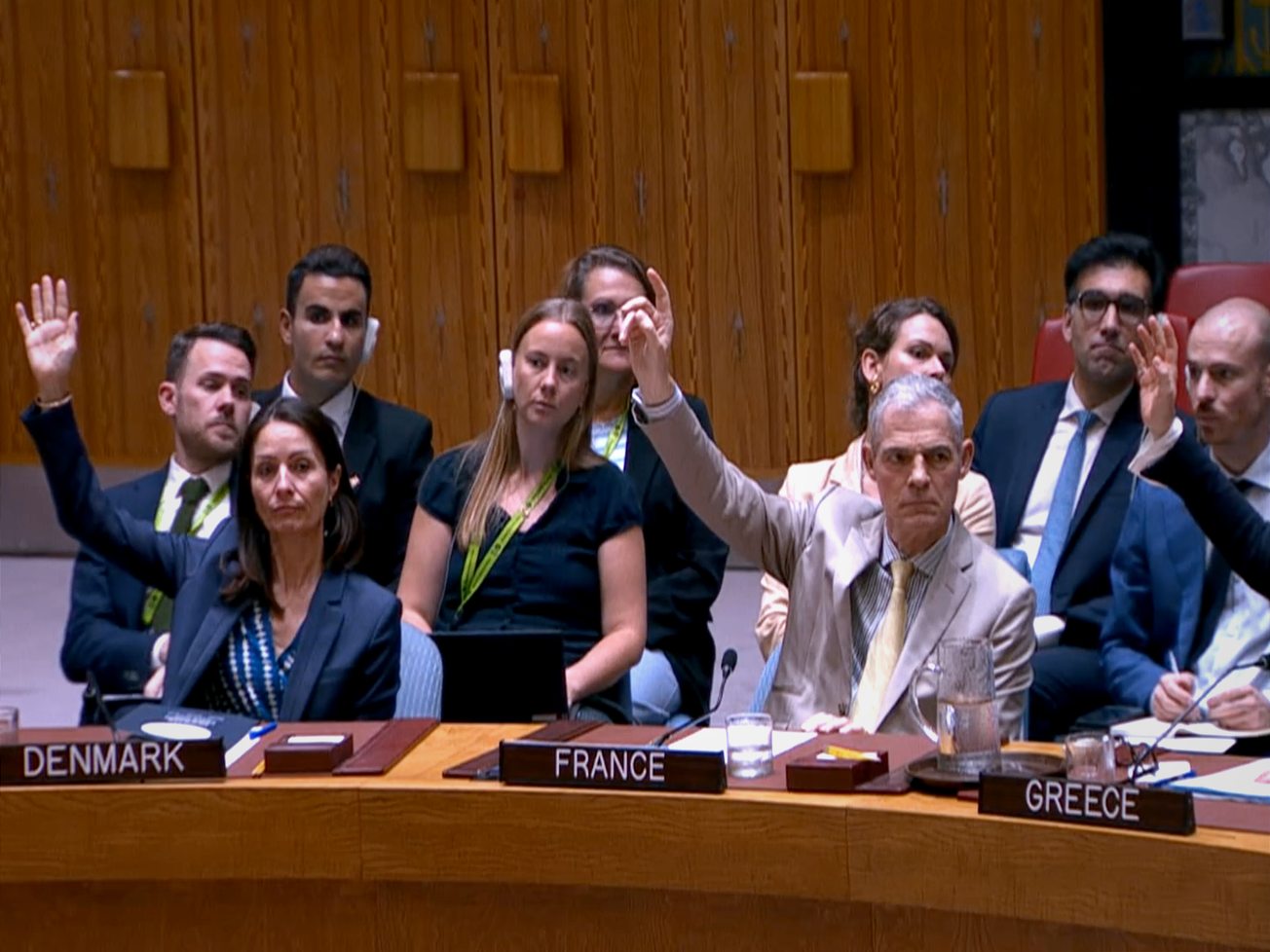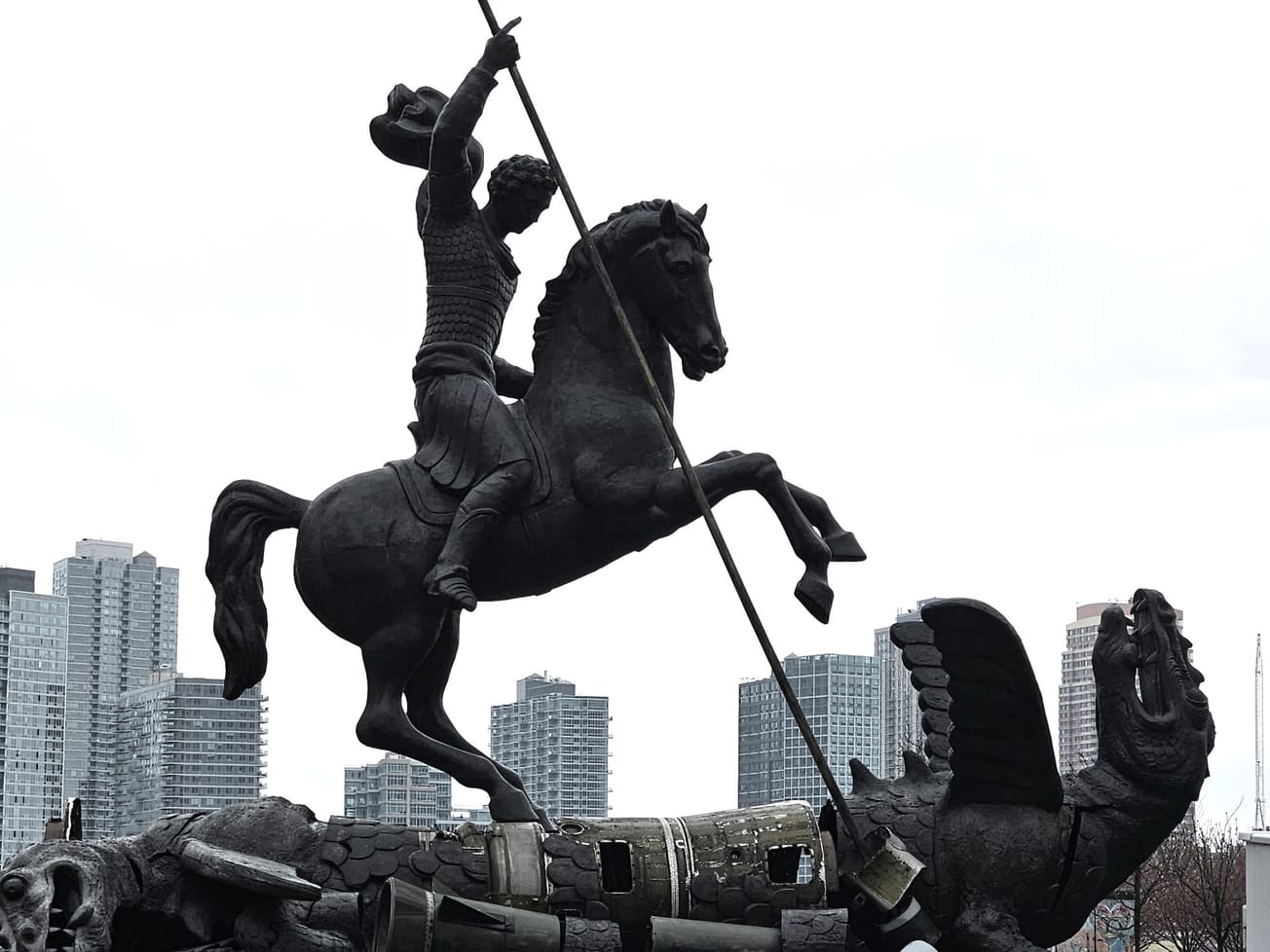VIENNA (AN) — Iran violated its 2015 nuclear deal with world powers by nearly tripling its stockpile of enriched uranium since November, the United Nations' nuclear watchdog agency said in a confidential report to member nations on Tuesday.
The International Atomic Energy Agency's report to member nations, also seen and obtained by several major news organizations, said the Vienna-based U.N. agency verified that Iran's total stockpile of low-enriched uranium came to 1,020.9 kilograms as of February 19, up from 372.3 kilograms as of November 3.









